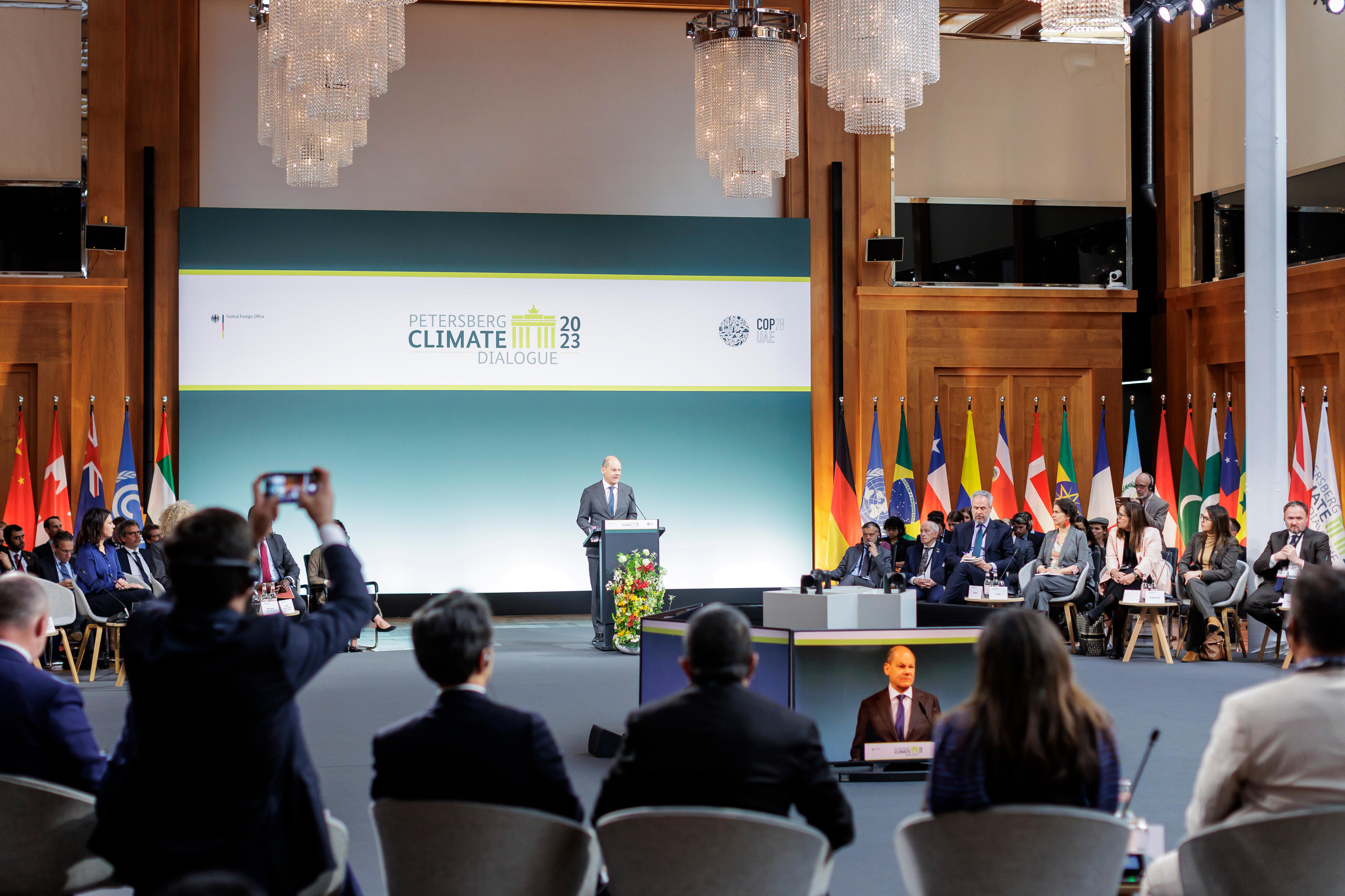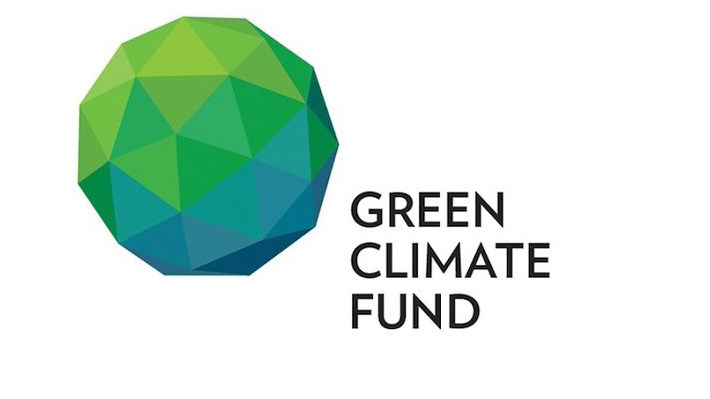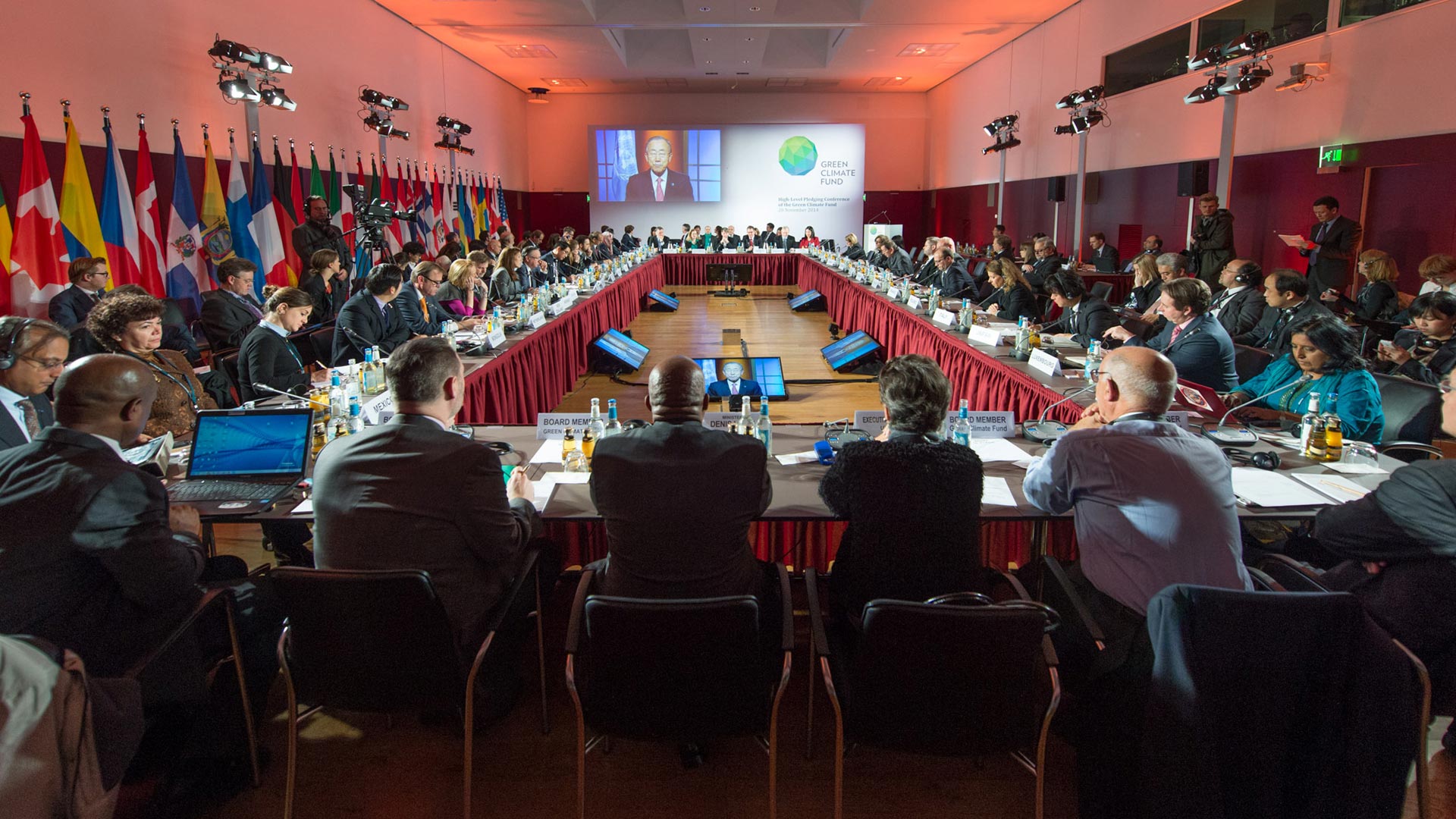Green Climate Fund Germany commits two billion euros for climate action in developing countries
Development Minister Svenja Schulze said: “This commitment is a strong show of Germany’s readiness to take on its responsibility for global climate action. Germany is thus leading the way in the run-up to the Green Climate Fund’s pledging conference in Bonn in October. For me, this commitment brings with it the expectation that other countries will also contribute according to their abilities. This also applies to countries that have so far not been traditional donor countries. Climate action will only be successful if it is a global effort. Two thirds of all emissions worldwide are today emitted by developing countries and emerging economies. That is why this funding for climate action is money well invested.”
The funds announced by the German Chancellor are from the budget of the German Development Ministry and are earmarked for the next four years. In the run-up to the Green Climate Fund’s pledging conference in October other countries will now have to announce their contributions.
The Green Climate Fund is a central instrument for multilateral climate finance. In the first two funding rounds in 2014 and 2019, some 50 countries have so far contributed 18 billion dollars. This enables developing countries to finance climate action projects, adapt to climate change and develop climate-friendly economies. So far, 216 projects have been funded – with roughly half of the funds earmarked for greenhouse gas mitigation and the other half for adaptation measures.
So far, about 900 million people have benefited from GCF projects. Farmers in Tanzania, for instance, have been enabled to increase their yields through improved climate-smart cultivation methods. First steps have been taken in India and Latin America to develop public transport solutions based on electric mobility. Measures financed by the fund have resulted in a total of 2.5 billion tonnes of avoided CO2 emissions – that is more than three times Germany’s annual emissions.
The Green Climate Fund is an important building block of the commitment made by the industrialised countries to mobilise 100 billion US dollars a year for climate action in developing countries – but it is by far not the only one. Other multilateral funds that provide finance for climate projects include the Global Environment Facility (GEF) and the Climate Investment Fund (CIF). A significant part of Germany’s climate finance goes to projects and programmes that have been agreed bilaterally with 52 partner countries.
At last year’s Petersberg Climate Dialogue, Chancellor Scholz committed to increase Germany’s public climate finance to a total of six billion euros a year from the budget by 2025. In 2021, the figures was 5.34 billion euros. Figures for 2022 will be available in autumn.


